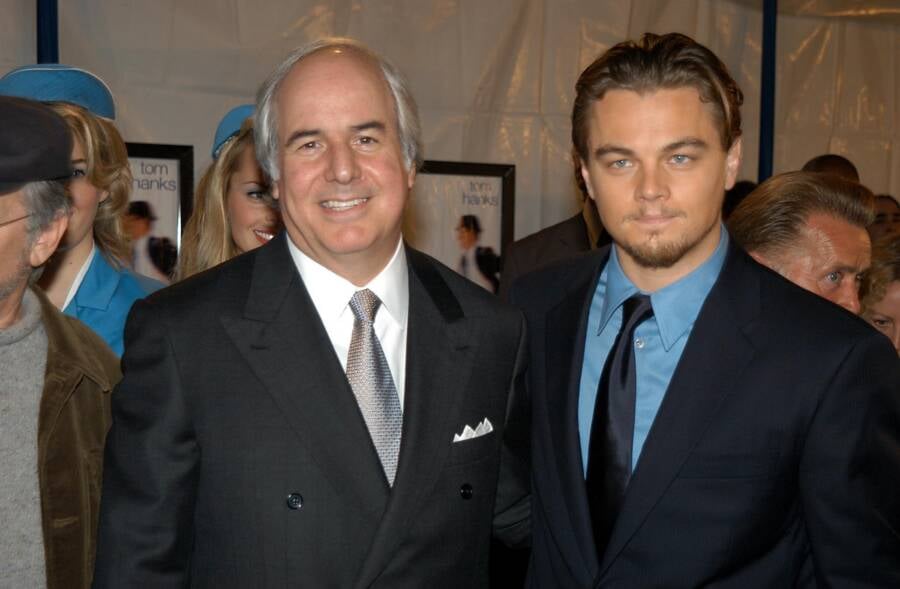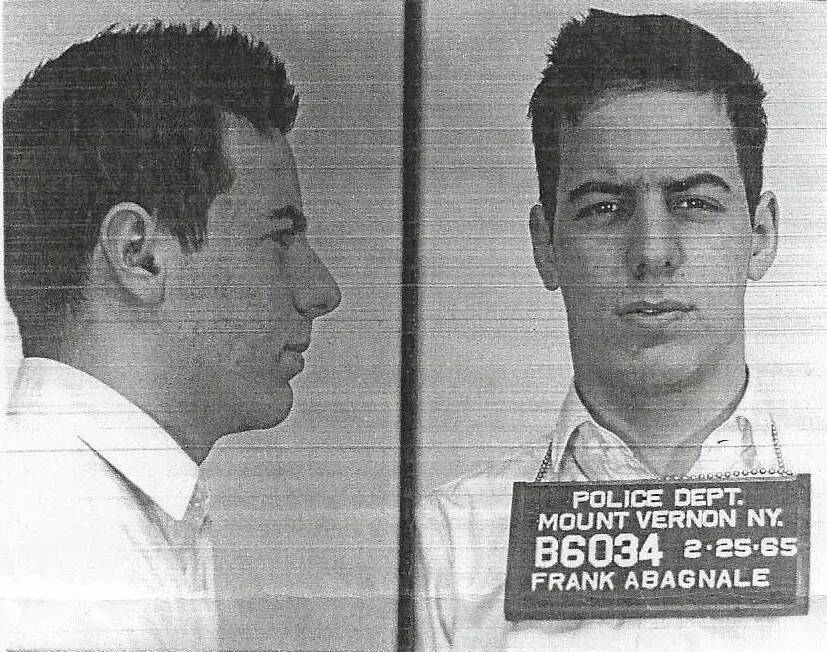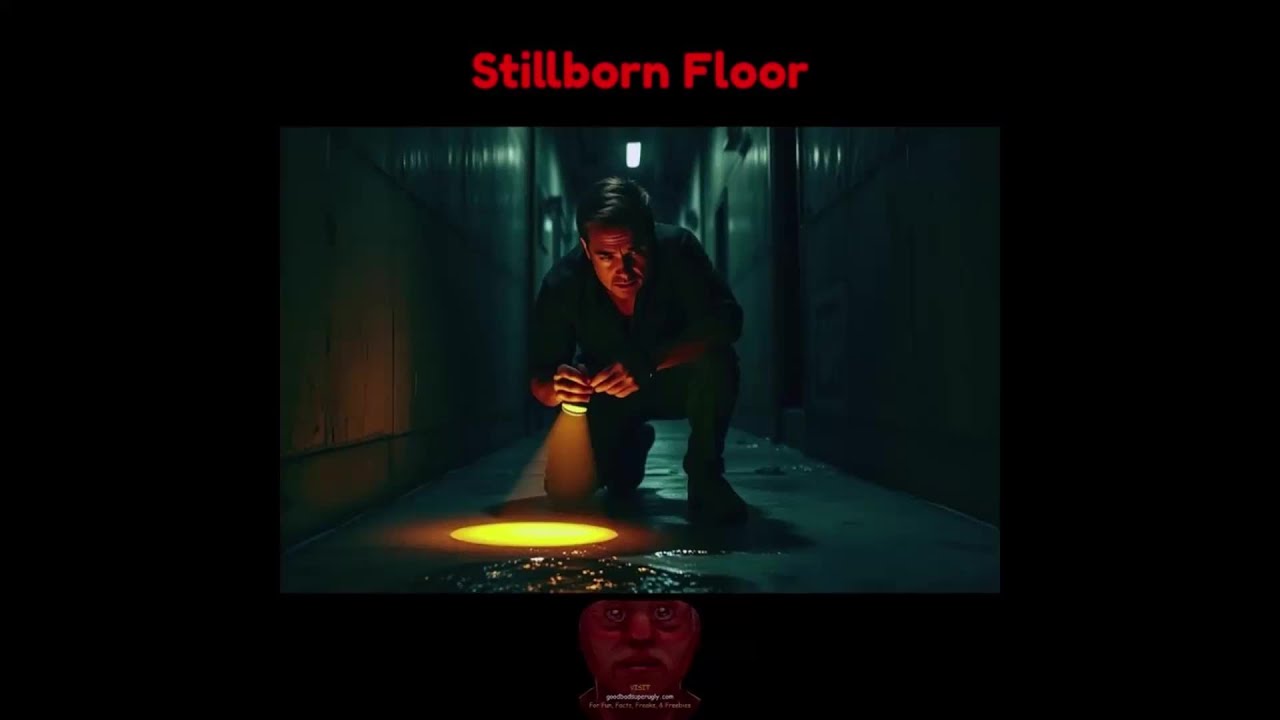Unveiled: The Shocking Truth Behind the Real-Life Conman Who Inspired ‘Catch Me If You Can’
So, here’s the kicker: Catch Me If You Can — that cinematic whirlwind starring Leonardo DiCaprio as the slick, jet-setting conman Frank Abagnale Jr. — has long been sold as a true story. But imagine finding out that the legend of this high-flying check faker who supposedly scammed millions and danced circles around the FBI might just be one big Hollywood-friendly fib. Yeah, turns out all those daring escapades and undercover FBI gigs? There’s barely a shred of proof they actually happened. Frank himself apparently spun a tangled web of tales that only started unraveling decades later when a determined journalist, Alan C. Logan, did some serious digging. So, maybe the real question is: did Hollywood make Frank even more of a magician than he ever really was… or was the whole thing just a con of legendary proportions? Buckle up, because the truth behind the myth is just as fascinating — and far funnier — than the movie. LEARN MORE.
The 2002 film Catch Me If You Can tells the supposedly true story of Frank Abagnale Jr., but though this conman did pretend to be a pilot and cash bad checks throughout the 1960s and ’70s, there’s no real evidence that he ever worked for the FBI or scammed his victims out of $2.5 million.

Jeff Kravitz/FilmMagic, Inc./Getty ImagesFrank Abagnale Jr. and Leonardo DiCaprio at the premiere of Catch Me If You Can in 2002. Recent evidence about the true story behind Catch Me If You Can suggests that Abagnale fabricated large portions of his memoir.
The 2002 film Catch Me If You Can follows Frank Abagnale Jr. as he poses as a pilot, doctor, and lawyer, makes millions off of fake checks, spends years running from the FBI, and then agrees to work undercover for the agency. The character is based on an actual conman who cashed bad checks throughout the 1960s and ’70s, but the true story behind Catch Me If You Can wasn’t quite so dramatic as depicted onscreen.
The movie is based on a memoir of the same name published by the real-life Abagnale in 1980, so in theory, it should be accurate. However, even before producers changed parts of the story to make it more thrilling for audiences, the source material had been highly exaggerated.
In 2020, journalist Alan C. Logan published The Greatest Hoax on Earth: Catching Truth, While We Can, a book that debunked Abagnale’s story. Logan spent years combing through records, and he failed to find much of anything that supported Abagnale’s claims. What’s more, he discovered that Abagnale had deliberately left out — and even outright lied about — other parts of his life, such as a prison stint that took place at the exact time he was supposedly committing his greatest crimes.
So, the true story of Catch Me If You Can isn’t what it appears to be onscreen — it’s a con all of its own.
The Many Petty Cons Of Frank Abagnale Jr.
Frank Abagnale Jr. started his grift in the mid-1960s, according to his own accounts. Born in 1948, the young New Yorker began carrying out various cons when he was just 15, around the same time his parents divorced. He was sent to a reform school and later spent three months in the U.S. Navy, but he went right back to his criminal ways upon his discharge in 1965.
He was arrested for petty larceny in February 1965, vagrancy the following month, and car theft in June. Because 17-year-old Abagnale was still a minor at the time of the car theft charges, he was released to his father, and that’s when he began impersonating a pilot. He even told his hometown media that he’d “graduated from the American Airlines school as the top New York state student,” as the Mount Vernon Argus reported on July 7, 1965.

Mount Vernon Police DepartmentTeenage Frank Abagnale Jr.’s booking photo.
A week later, Abagnale was arrested once again for forging $350 worth of stolen checks. He spent the next three years in prison, and upon his release in late 1968, he pretended to be a pilot and headed to Louisiana. After less than two months there, he was apprehended for vagrancy, theft, forgery, and the possession of falsified airline employee identification after locals caught onto him.
He was convicted in June 1969 and sentenced to 12 years of probation — but he decided to flee to Europe. And while much of the true story behind Catch Me If You Can was exaggerated for the book and screenplay, Abagnale’s arrest in France really did happen.
Frank Abagnale Jr. was apprehended in Montpellier, France, in September 1969. He spent three months in a French prison on charges of theft, was extradited to Sweden to serve two months for previously defrauding two families there, and was then deported to the U.S.
Back in America, Abagnale continued with his previous cons, and he was ultimately arrested once more in November 1970. This time, he was sentenced to 12 years behind bars for forging checks and escaping from custody, though he ultimately served less than four years in total. He was released for the final time in 1974 — and that’s when he began crafting the story that would become a Spielberg film.



















